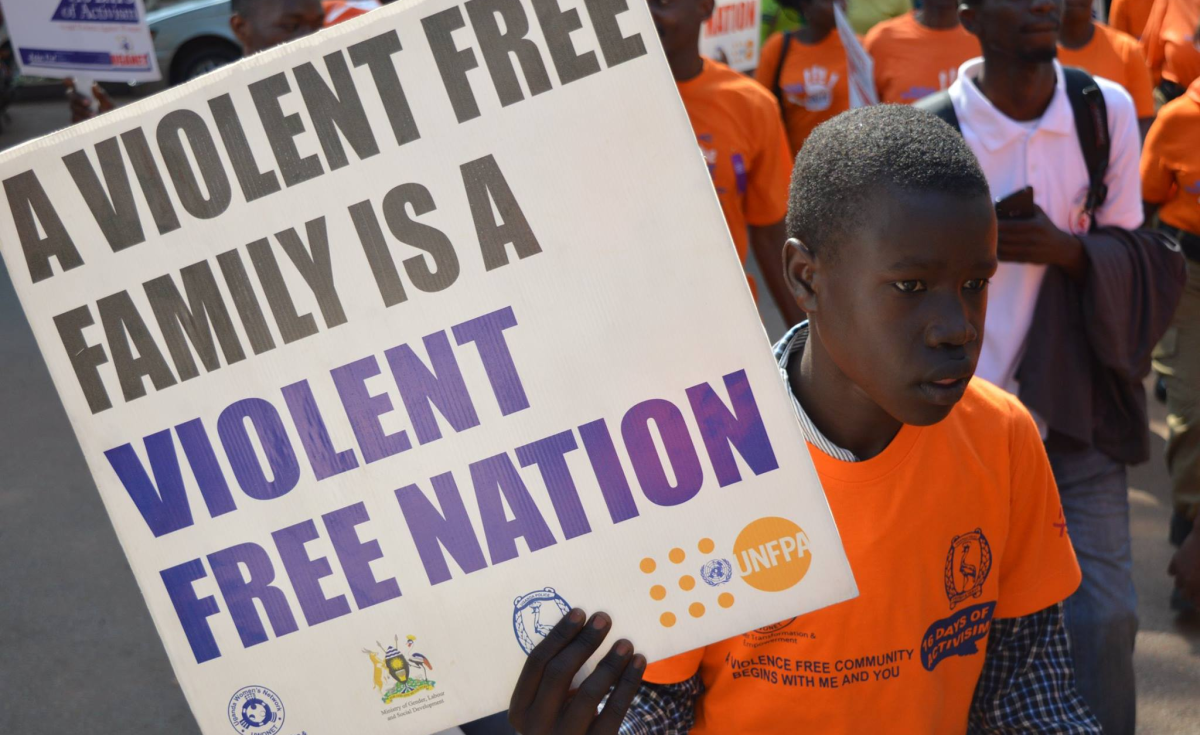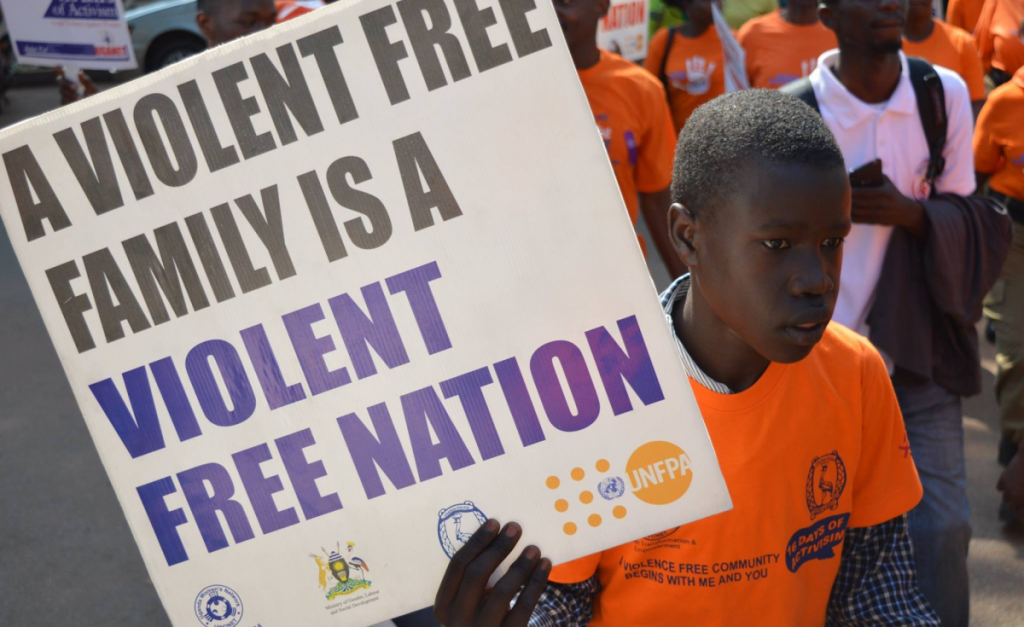An official of the Ministry of Labor (MoL) has said that the persistent nightmare facing women and girls is facilitated mostly by women themselves. This statement comes against a backdrop of increased advocacy and continued awareness of sexual gender based violence (SGBV), and discrimination against women.
Emma L. Benson, MoL Director for HIV Workplace Project, was emphatic during a daylong dialogue organized by FAWE in collaboration with Plan Liberia on September 6, 2019 as she stated that: “While women are advocating and telling the public that SGBV in workplaces and homes is bad, some of the women are also contributing greatly to these things, because in most instances, we compromise cases recorded from communities”.
Although the Ministry of Gender, Children and Social Protection is yet to release its quarterly report about women issues, rape and other gender-based violence cases are reported daily. The Liberia National Police (LNP) released a report early this year indicating that 247 rape cases were recorded in February alone.
The Ministry of Gender also has a 2018 report, which shows 276 cases, but with only 21 suspects arrested, tried and convicted.
The number of convicts, in Ms Benson’s view, could be more and rape and gender violence could be minimized; but she says women themselves are yet to commit to what they preach, as most of them compromise with perpetrators what affects them.
Ms. Benson, who cited two instances, said the Ministry of Labor encountered one case with a woman (name withheld), who was unmercifully whipped by a Lebanese man for coming late to work but, as the MoL and the police mounted a vigorous investigation intended to ensure the perpetrator was held to account, the victim requested a halt to the investigation out of fear of reprisal, of losing her job.
In another instance, the MoL official said an Indian boss in a certain workplace brought to the workplace male sex toys and distributed the same among women who work with his company and the case was reported.
“Except for one woman, who took the stand to testify at her own risk, the rest refused to do so and the woman who narrated the story was paid off, and she left the workplace for fear of reprisal,” Benson said.
“Women should be committed to what they preach; most of us speak against SGBV, but we can compromise cases,” she added.
Winifred Deline, the National Coordinator for FAWE, expressed agreement with Benson. She said civil society and other non-governmental organizations (NGOs) need to increase sensitization on the issue of ‘compromise,’ because it is undermining the efforts being made to minimize sexual gender-based violence in the country.

Liberia, as one of the initial group of countries to participate in drafting the plan for the SDGs, committed itself to the NVR process that seeks to report on all 17 goals periodically, but Kawah said as Liberia stands, it is one year late in complying with the NVR, thereby not keeping the United Nations abreast of progress being made so far.
He said it was a good approach for the government to draft the Agenda for Transformation and the Pro-poor Agenda for Prosperity and Development, whose activities encompass those of the SDGs, but it would only be good enough if Liberia is reporting progress as it is with neighbouring Sierra Leone and other African countries.
As a result of Liberia’s failure to comply with the NVR process, Atty. Kawah said not much is known about progress in education for all Liberian children without discrimination. Goal 4 of the SDGs speaks of Quality Education for all children without discrimination, but whether or not this goal is met in Liberia remains a doubt as Liberia’s failure to meet the NVR process cast a dark cloud over its progress according to Kawah.
“If Liberia were complying with the NVR process and meeting the goals of the SDGs, there would be no protest here,” Kawah noted.
In view of Liberia’s delinquency in providing progress reports to the UN on how it is meeting with the 17 goals of the SDGs, FAWE National Coordinator, Winifred Deline says they are continuing with the Girls Advocacy Alliance (GAA) program that advocates for compulsory free primary for girls and technical vocational school for women and girls of Liberia
In this connection, Madam Deline said they conducted the just-ended dialogue as part of activities that will strengthen the National Voluntary Review that is not only the obligation of the government to do but NGOs and civil society that receive funding to implement projects relating to the SDGs as well.
Plan Liberia representatives and civil society organizations at the dialogue also saw their shortcomings in the presentation by Kawah and they, in separate statements urged that rather than casting the blame solely on government for Liberia’s delinquency they should hold themselves responsible for Liberia’s delinquency in meeting its commitment to the NVR process.

